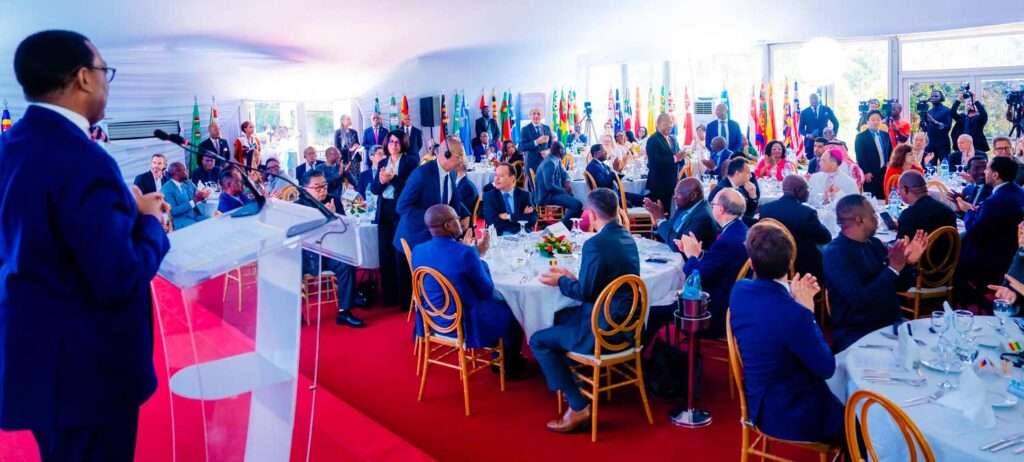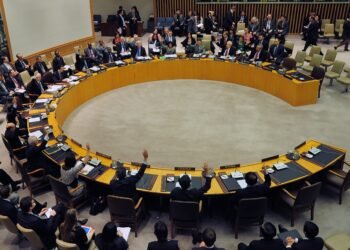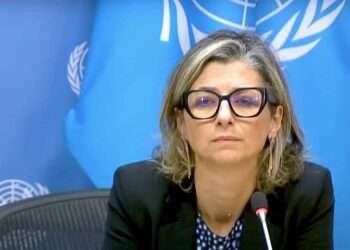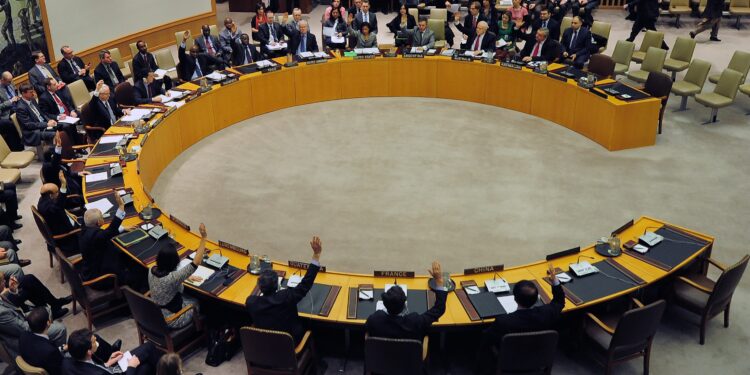The President of the African Development Bank Group, Dr Akinwumi Adesina has disclosed that Africa’s economies continue to grow faster than the global average of 3% demonstrating resilience against several challenges including climate change, geopolitical tensions, rising inflation, food insecurity and rising debt.
According to the President of the African Development Bank Group, “It is forecasted that Africa will account for 11 out of the 20 fastest-growing economies in the world in 2024,” adding that “15 African countries have posted output expansions of more than 5%”.
Dr Adesina made this known at the Bank’s annual luncheon for ambassadors and heads of diplomatic missions as well as representatives of international organisations based in Abidjan, Cote d’Ivoire.
Meanwhile, at the African Union Summit in Addis Ababa, the African Development Bank launched its African Macroeconomic Performance and Outlook Report for 2024. The report shows that Africa is projected to remain the fastest growing region in the world, after Asia, exceeding the global average of 3% in 2023.
“At the African development bank, all our work is to support the countries to build resilience, whether it be to external economic shocks, climate shocks, or changes in global interest rates that have continued to put pressure on debt service capacities and depreciation of currencies driving up inflation,” Adesina said.
The Bank resumed the diplomatic luncheons after nearly five years due to the Covid-19 pandemic. It was also the first diplomatic luncheon since 2019, months before the Bank’s shareholders collectively agreed to a significant increase of the capital of the African Development Bank by 150%, moving it from $93 billion to $208 billion—the largest capital increase in the history of the Bank since 1964.
In addition, Dr Adesina said, the 16th replenishment of the African Development Fund received a record $8.9 billion provided by donor countries, the largest ever replenishment in the history of the Fund since its establishment in 1973.
The African Development Fund will be able to do even more, after the Bank Group governors authorized the Fund to use its equity in the capital markets. “This landmark decision, taken by our governors during the 2023 Annual Meetings held in Sharm El Sheikh, Egypt, will allow the African Development Fund to raise an additional $27 billion to scale up support for the economic development of the 37 low-income countries,” he noted.
Adesina briefed the diplomats about the Bank Group’s financial innovations. “Just few weeks ago the Bank launched the first-ever hybrid capital on the capital market, the first multilateral development bank to do so globally. The $750 million hybrid capital issuance, oversubscribed at $6 billion, is a landmark globally.”
The Bank’s Work with The Inter-American Development Bank
The AfDB President also spoke about the Bank’s work with the Inter-American Development Bank on how to better optimise the use of the Special Drawing Rights (SDRs) by rechannelling them from SDR-rich countries to the African Development Bank. SDR-rechanneling to the African Development Bank will be leveraged by 3-4 times.
Dr Adesina noted that the Bank Group’s Boards of Directors approved last year 159 operations, worth $10 billion for countries, the second-highest level of financing in the Bank’s history. Overall, he said, the operations of the Bank have impacted directly on the lives of 400 million people over the last seven years.

Other achievements over the period include financing of over $44 billion in support of infrastructure, making the Bank the largest multilateral financier of infrastructure in Africa. Infrastructure development includes, among others, the construction of mega bridges such as the Senegambia which now links Gambia and Senegal.
The Bank also provided $500 million to support the development of the Lobito Corridor that will link Angola, Zambia and the Democratic Republic of Congo in close partnership with the United States Development Finance Corporation and the Africa Finance Corporation.
The construction of the 4th bridge in the commercial capital Abidjan was financed by the African Development Bank Group. Since Adesina was elected president of the Bank in 2015, the institution’s investments in Cote D’Ivoire have increased by more than 5-fold, rising from $460 million in 2015 to $3.1 billion in 2023.
Initiatives like the $1.5 billion African Emergency Food Production Facility and the Feed Africa Summit that has so far mobilised $72 billion, highlight the Bank’s leadership in addressing climate change and promoting agricultural innovation.
The Bank’s strategy for quality health infrastructure and its Pharmaceutical Action Plan aim to address health infrastructure deficits and enhance Africa’s pharmaceutical industry, contributing to improved healthcare access and self-sufficiency in medicine production. The Bank will provide $3 billion to finance health infrastructure over the next 10 years.
Recently, the African Pharmaceutical Technology Foundation established by the Bank in 2022 to help the continent manufacture its own medicines and vaccines, was profiled by Devex as one of the 24 development organisations to watch in 2024.
READ ALSO: GAB CEO Highlights the Link Between Balancing Interest Rates and Economic Stability




















